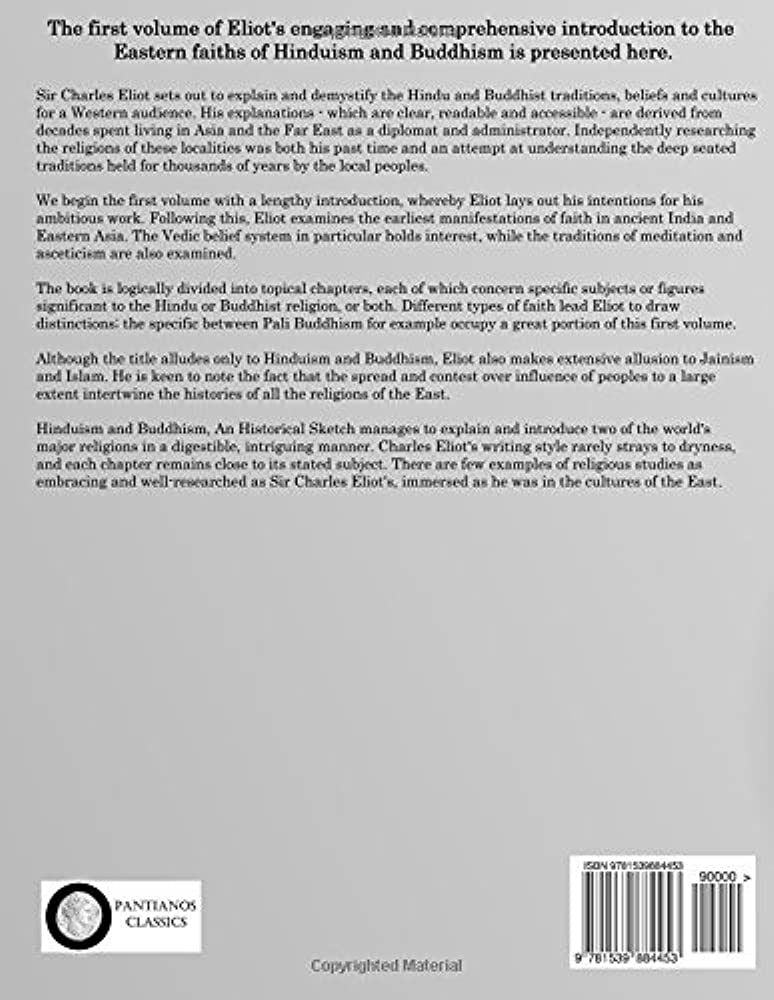This article compares and contrasts Buddhism and Hinduism, two major religious traditions in Asia. Buddhism was founded by Siddhartha Gautama and has core teachings such as the Four Noble Truths and the goal of achieving enlightenment. Hinduism, on the other hand, has no single founder and is based on the belief in one ultimate reality, Brahman, and encompasses a range of approaches to spiritual practice. Both religions share beliefs like reincarnation and karma, and practices such as meditation, but differ in their emphasis on renunciation and detachment. Both religions continue to be practiced by millions of people around the world.
Buddhism vs. Hinduism: Examining Two Major Religious Traditions in Asia
Buddhism
Buddhism is a major world religion and philosophy founded by Siddhartha Gautama, also known as the Buddha, in ancient India. Buddhism encompasses a variety of traditions, beliefs, and practices that are largely based on the teachings of the Buddha. The core teachings of Buddhism include the Four Noble Truths, the Noble Eightfold Path, and the concept of dependent origination.
Beliefs
One of the key beliefs of Buddhism is that life is characterized by suffering, caused by cravings and desires. The ultimate goal of Buddhism is to achieve enlightenment, or the state of awakening, through the cessation of suffering and the attainment of Nirvana. Buddhists believe in reincarnation, or the cycle of birth and rebirth, and the importance of karma, or the law of cause and effect. The concept of non-self, or the absence of a permanent, unchanging self, is also central to Buddhist beliefs.
Practices
Buddhist practices vary depending on the tradition, but often include meditation, mindfulness, and the observance of ethical principles such as the Five Precepts. Buddhist monks and nuns also follow a strict monastic code.
Hinduism
Hinduism is an ancient religion that originated in India and encompasses a broad array of beliefs, traditions, and practices. Unlike Buddhism, Hinduism has no single founder, scripture, or central religious authority. Hinduism is characterized by a diversity of gods and goddesses, and a belief in reincarnation, karma, and moksha, or liberation from cycle of birth and death.
Beliefs
Hinduism is based on the belief that there is only one ultimate reality, Brahman, which is present in all things. This ultimate reality can be worshipped through a variety of deities, and Hinduism encompasses a range of approaches to spiritual practice, from devotional worship to ascetic practices. The caste system, although officially abolished in modern India, remains a controversial aspect of Hinduism.
Practices
Hindu practices vary depending on the tradition, but often include the worship of deities, meditation, yoga, and the observance of ethical principles such as ahimsa, or non-violence. Hinduism also encompasses a rich tradition of art, music, and literature.
Comparison and Contrast
Origins
While both Buddhism and Hinduism originated in India, Buddhism was founded by Siddhartha Gautama, while Hinduism has no single founder.
Beliefs
Both religions share some beliefs, such as reincarnation and the importance of karma. However, Buddhism emphasizes the attainment of Nirvana through the cessation of suffering, while Hinduism encompasses a range of approaches to spiritual practice.
Practices
The two religions share some practices, such as meditation and the observance of ethical principles. However, Buddhism places a greater emphasis on renunciation and detachment, while Hinduism encompasses a wider range of spiritual practices.
Conclusion
Although Buddhism and Hinduism share some similarities, they differ in their beliefs, practices, and origins. Both religions have had a major impact on the cultural and spiritual traditions of Asia, and continue to be practiced today by millions of people around the world.
